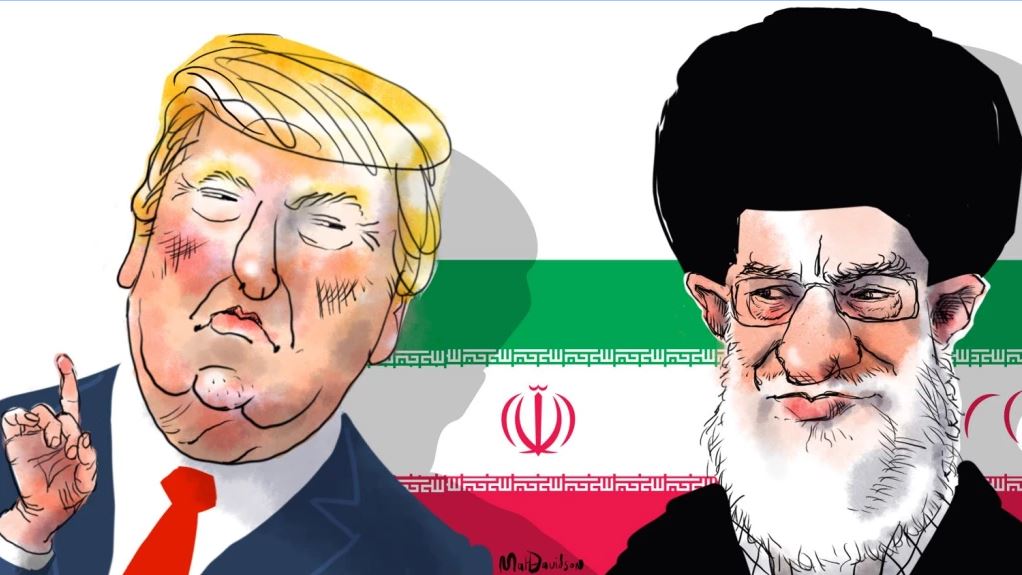US President Donald Trump had been threatening since before his election to withdraw the US from the nuclear deal with Iran, known as the Joint Comprehensive Plan of Action (JCPOA), and reimpose nuclear sanctions on Iran. On May 8, he announced that the US was indeed doing so.
Now the hope must be that Trump’s announcement signals the beginning of a new era of negotiations and sustained diplomatic efforts to put into place new and better arrangements to thwart Iran’s dangerous nuclear ambitions and regional aggression.
In announcing his decision, Trump rightly pointed out that: “The deal lifted crippling economic sanctions on Iran in exchange for very weak limits on the regime’s nuclear activity, and no limits at all on its other malign behaviour, including its sinister activities in Syria, Yemen, and other places all around the world.”
There is no doubt that the JCPOA is deeply flawed in four ways.
Firstly, despite declarations from the International Atomic Energy Agency (IAEA) that Iran was upholding its end of the bargain, the inspection regime itself has been wholly inadequate. Inspectors were not given unrestricted access by the regime and have been kept away from Iranian military sites – which is where military weaponisation work would likely take place.
Read the rest of the article by Dr Colin Rubinstein, executive director of AIJAC in The Age.

